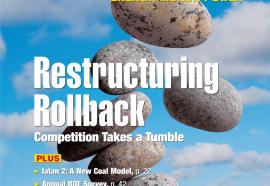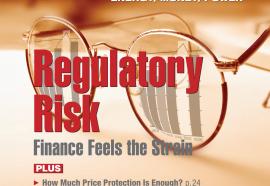Policies Get Smart
State and federal incentives push utilities to invest in grid intelligence.
State and federal incentives provide the carrot for utilities to invest in grid intelligence. But regulatory and technological incentives are not enough without customer participation. Smart-grid policies will succeed only by focusing on customer needs and benefits.











